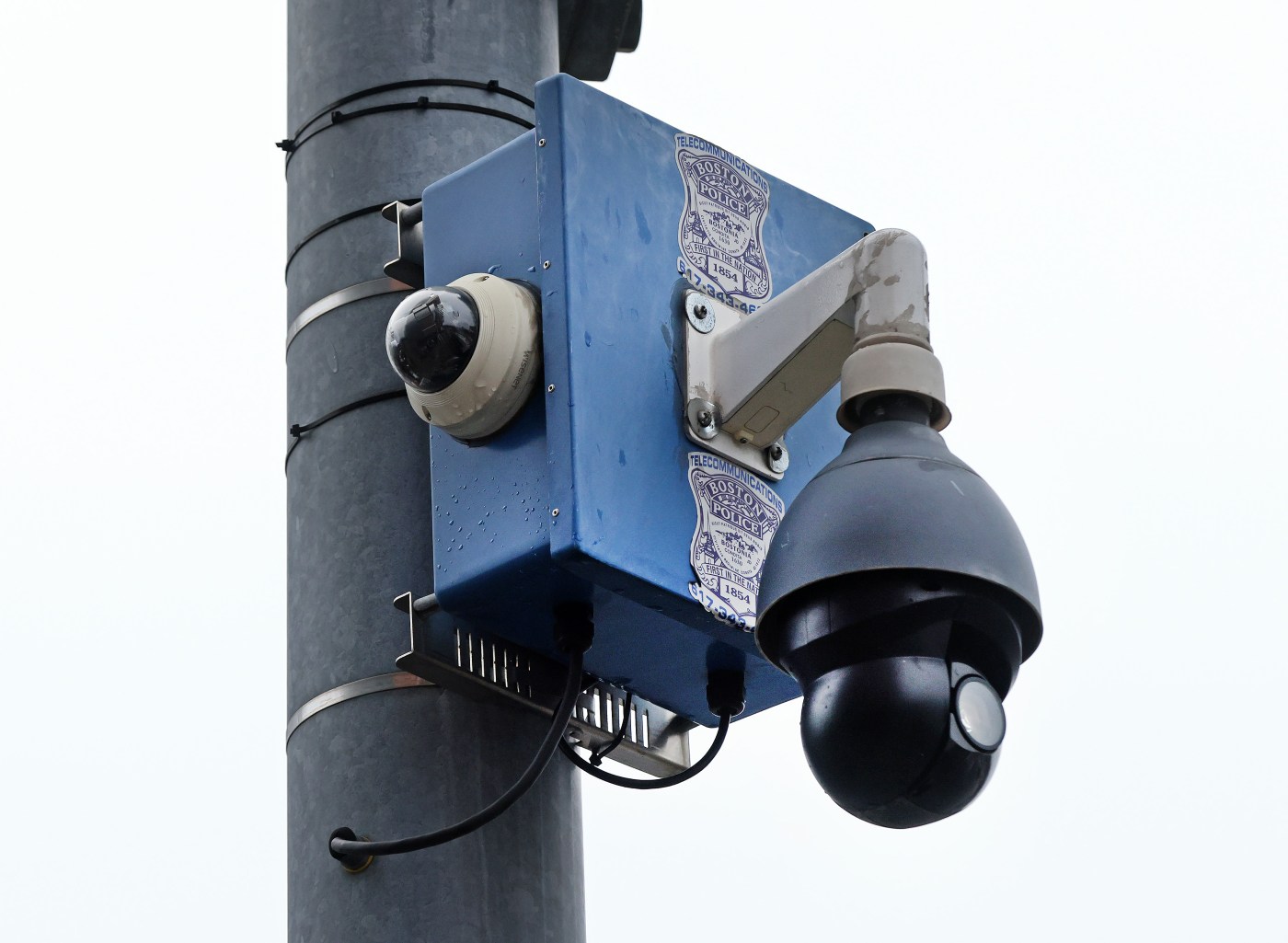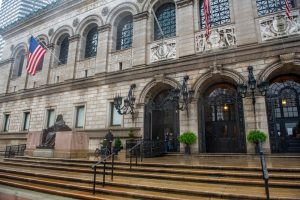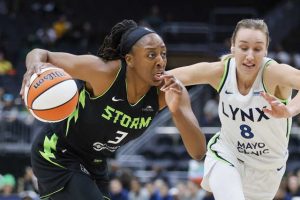
Editorial: Let BPD keep ShotSpotter tech – it saves lives
It’s late at night in Boston. Shots ring out, but no one reaches for their phone. Maybe someone else is calling 911, perhaps the shooters will find out who called it in. Better stay out of it.
And the shooting victim, who may have been saved with quick intervention, dies on the street.
That’s the premise behind ShotSpotter technology used by police departments around the country. Used, that is, until progressive lawmakers pull the plug on the contracts in the name of civil liberties and racial bias.
As the Herald reported, ShotSpotter sensors detect audio, transmitting the sound of gunshots quickly to garner a rapid police response, and the technology came under City Council scrutiny this week during a hearing on Boston Police Department. The city’s contract for the equipment expires next month.
Several councilors pointed to a report released last month by the American Civil Liberties Union, that, citing public records from the BPD, found that nearly 70% of ShotSpotter alerts resulted in no evidence of gunfire from 2020-22.
The ACLU further contended that the same city records showed the technology was mostly used in communities of color, particularly in Dorchester and Roxbury.
That’s an argument used in Chicago, a city that recently decided to scrap ShotSpotter use. The system will be in place until Nov. 22.
ShotSpotter is, essentially, a surveillance tool, and those are the enemy of progressives. So is the idea that crime-fighting technology be placed in areas that experience gun violence.
As shooting incidents in Dorchester and Roxbury make the news, why wouldn’t it make sense to use ShotSpotter devices in those neighborhoods? Getting police to the scene of a shooting detected by audio surveillance as quickly as possible can make the difference between the victim heading to a hospital for treatment, or a family planning a funeral.
BPD Commissioner Michael Cox emphasized that the technology is designed to save lives, and noted that it’s useful in prosecution and reenactment of a crime, particularly in instances where shots are fired late at night and people in the area don’t call 911.
Ralph Clark, CEO of SoundThinking which owns ShotSpotter told Politico earlier this month: “We know through experience that 80 to 90% of criminal gunfire goes unreported in some of our most vulnerable communities that have ongoing and persistent gunfire. That’s a really big problem. People don’t call because they don’t want to become snitches. Or someone assumes someone else is going to call. So, gun violence becomes normalized. That handicaps police.”
And it devastates vulnerable communities.
Families, and children especially, deserve an environment in which they can grow and thrive. They shouldn’t have to open the door to a police officer delivering the news that a loved one was shot and bled out on the sidewalk because no one called the police.
Public safety should be of paramount importance to Boston city leaders. Give the Boston Police Department the tools it needs to continue its laudable work of battling crime in the city.


